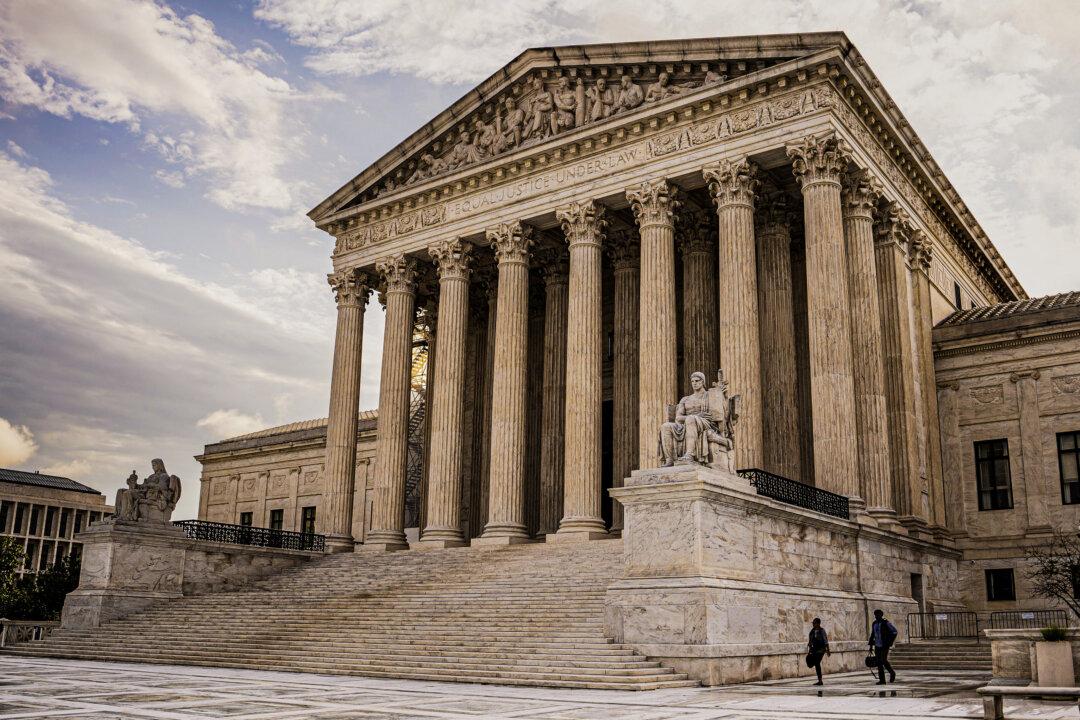Commentary
In a 9–0 decision, the Supreme Court (SCOTUS) ruled that states cannot use Section 3 of the 14th Amendment to kick former President Donald Trump off state ballots over his alleged “insurrectionist” actions on Jan. 6, 2021.

In a 9–0 decision, the Supreme Court (SCOTUS) ruled that states cannot use Section 3 of the 14th Amendment to kick former President Donald Trump off state ballots over his alleged “insurrectionist” actions on Jan. 6, 2021.